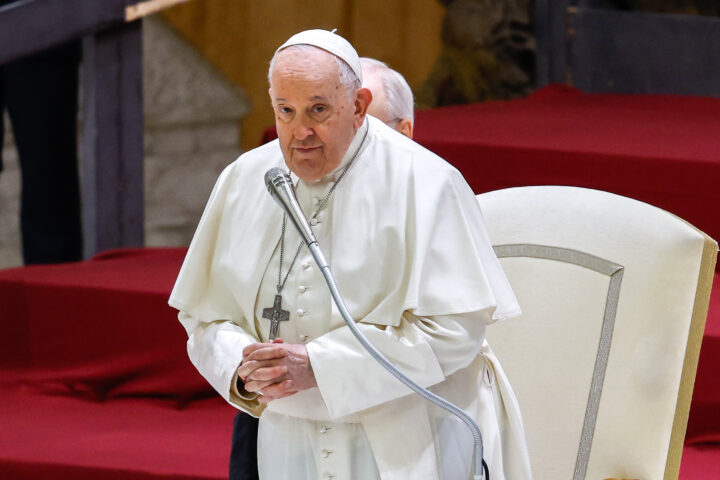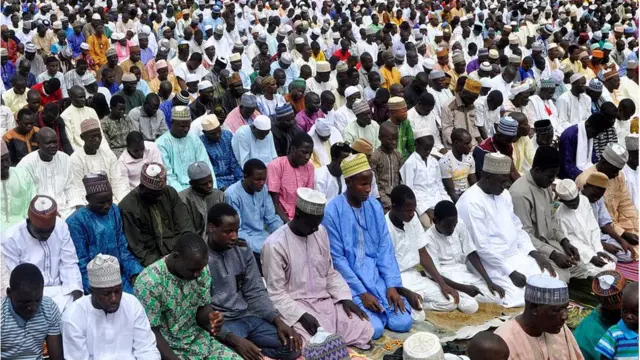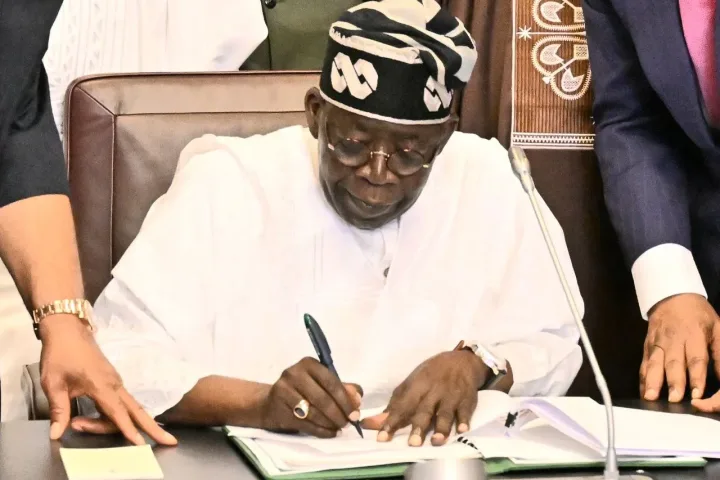Across Nigeria, the condition of roads is generally scary. However, the case in the Southeast region is desperately heartbreaking.
So, when President Buhari completed work on the second Niger Bridge, it was a lot of relief to the Southeasterners who have become increasingly accustomed to bad roads. Yet, the gesture was a scratch on the surface of a humongous road catastrophe in southeast Nigeria. Following an outcry about roads marginalization of the southeast in 2018, the federal government released a list of 69 road projects purportedly going on in the zone.
Join our WhatsApp ChannelHowever, several checks and reports by journalists revealed shoddy works, double contracts and snail-pace progress. As of 2023, very few of these roads, for example, the Enugu-Port Harcourt and the Awka-Onitsha roads, seem to be anywhere near navigable.
READ ALSO: CCDI Petitions Nigerian Police, Defence Chiefs To Reduce Checkpoints On Southeast Roads
Therefore, while on an inspection tour of the rehabilitation of Amanwozuzu-Uzoagba-Eziama-OrieAmakhia Road in Ikeduru LGA, Imo, September 9 2023, David Umahi, minster of works, revealed that it would take the federal government over seven trillion naira to fix the federal roads in the southeast. This amount is a third of Nigeria’s 21.83 trillion naira budget for 2023. Umahi was also in Anambra where he visited Governor Charles Soludo to shed tears over the state of roads in the Southeast.
Need we say more about the scale of the horror called southeast roads such as: Enugu-Abakaliki, Nsukka-Enugu-Onitsha, Onitsha-Nnewi-Ihiala-Owerri, Ninth Mile-Markurdi, Aba-Ikot-Ekpene, Umuahia-Uyo, Enugu-Abakaliki, Aba-Azumini-Etinam, Owerri-Nguru-Etiti, Umuahia-Bende-Ohafia, Arochukwu-Ikot Okpora, Ihiala-Orlu-Umuduru, Onitsha-Nnewi-Afikpo, etc roads are beautiful cases of former roads turned farms, with herds of cattle ranching on good portions of them such as we see on Enugu-Onitsha and Nsukka-Ninth Mile roads. Akokwa-Nnewi-Uga, Udi-Orumba-Ekwulobia, etc. Apart from daily accidents, loss of lives and goods from fallen heavy-duty vehicles, the majority of the roads are also havens for criminals, with daily kidnapping occurrences.
While he was governor of Ebonyi State and Chairman of Southeast Governor’s Forum, Umahi was among the southeast leaders who went to plead with Buhari in 2019 to release funds for the rehabilitation of the then closed Akanu Ibiam Enugu International Airport. Thankfully, Buhari ordered the release of N10 billion for the rehabilitation of the airport. Umahi used the occasion to particularly plead with Buhari to also declare a state of emergency on southeast roads. Umahi is now the minster of works, and he has so far been speaking about roads, harassing and threatening to suspend the contracts of erring contractors. Beyond tears and threats, he has work to do. Umahi in fact said the condition of roads in all the five states of Anambra, Imo, Abia, Enugu and Ebonyi were the same in terms of badness.
While implying that the public-private partnership in federal roads construction in the southeast was not working, Umahi condemned the situation in which a 200KM road would last seven years. Construction work has been taking place on the Enugu-Onitsha expressway since 2009, yet large portions of the road remain unusable. Recall that the FG had reached an agreement with some large corporations like the MTN to construct federal roads in a tax credit agreement over a period of time. Umahi therefore noted that states in the southeast geo-political zone were not fairly treated on the MTN Nigeria Tax Credit decision. Shehu Sani, former Kaduna Central senator said in 2021 that Igbo people have been systematically targeted for marginalization since the end of the war.
In South Africa, there are development centres in three of its regions. Johannesburg has the executive arm. Cape Town has the Legislative arm, while Bloemfontein has the judiciary. All these were intentionally created to keep each of regions busy with government presence, to create jobs, business and economic activities.
Lagos and Ogun States are the headquarters of over 65% of the over 2000 manufacturing industries in Nigeria. Lagos alone has over 50%, and, according to the Nigeria Investment Promotion Commission, Lagos holds between 400 and 500 manufacturing enterprises in Nigeria. Lagos also holds 90% of the headquarters of the corporations in Nigeria, with 60% of industrial investments coming into the state. So, the Igbo people get attracted to Lagos as well as to Kano, Rivers, Oyo, Ogun, Kaduna, Jos, and even Maiduguri, some of which have been listed by investment experts as prime business domains in Nigeria. Recently, Igbo traders cried out against perceived injustices as their states of sojourn target their businesses, their buildings and livelihoods. This prompted calls from southeast governors urging Igbo people to come home to avoid disrespect and victimization from their hosts. Will the absence of business and employment opportunities allow this?
The rehabilitation of Southeast roads is one way to heed the cry of the region where inhabitants groan daily about marginalization in government appointments, federal employment schemes, location of industries, constructions of rails, and general federal government presence. Accordingly, Umahi also told Soludo: “I know as a man of justice and equity, President Bola Tinubu will look into the matter because development thrives on fairness and equity”.
Dr Mbamalu is a veteran journalist, Editor and Publisher
Follow on X: @marcelmbamalu
















Follow Us